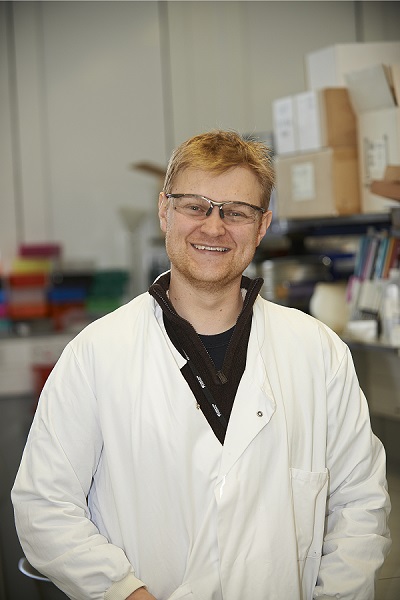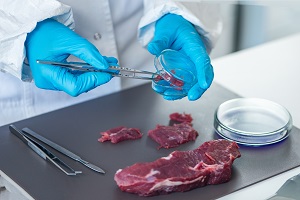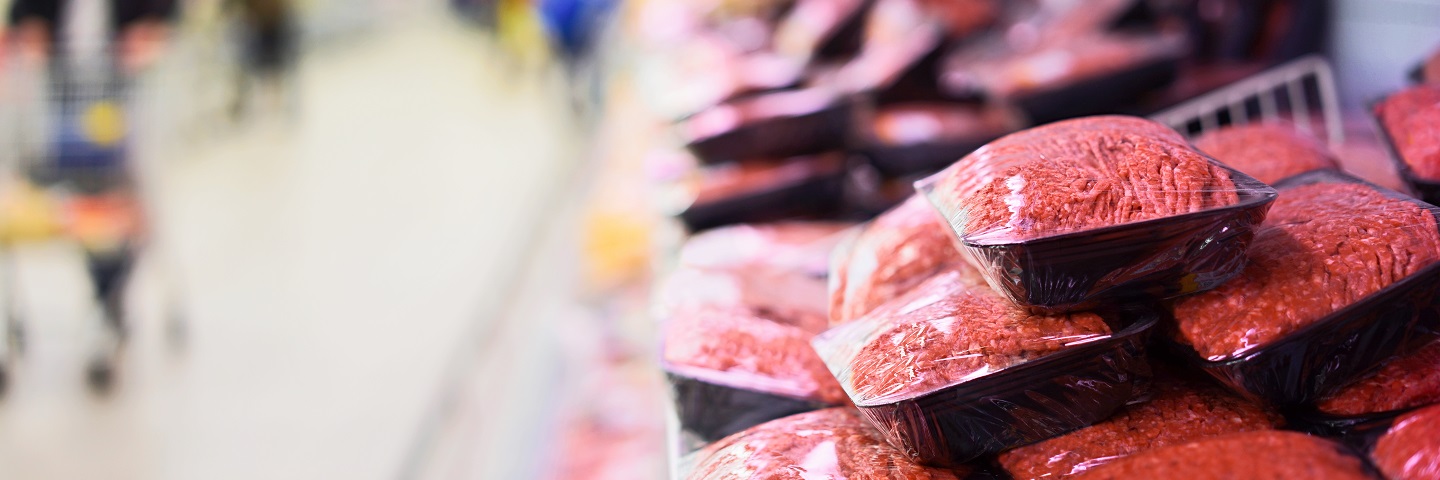
James Donarski, the Head of Food Authenticity here at Fera, talks about the what's changed five years on from the horse meat scandal.
The horse meat scandal affected countries across Europe, sparked public outrage, resulted in a series of product recalls and exposed significant flaws in Europe’s food supply chain. Regulators and industry took action and there’s now a stricter food testing regime across Europe and many initiatives are underway to ensure this sort of incident doesn’t reoccur.
Perhaps the most significant UK development since the scandal has been the Food Standards Agency’s introduction of the National Food Crime Unit, a key recommendation from the Elliot review, which works with partners to protect consumers from serious criminal activity impacting the safety or authenticity of the food and drink they consume.
Defra is also driving change, setting up the Food Authenticity network, of which Fera – a joint venture between Capita and Defra – is a centre of expertise. The network raises awareness of the range of techniques used to check mislabelling and food fraud, and to ensure the UK has access to a resilient network of laboratories providing fit for purpose testing.
Defra is also coordinating dozens of research projects in this area; for example, Fera is working on a new non-targeted approach for determining origin and attribution of food products using microbial fingerprints, methods for the verification of provenance, and tools for gelatine and meat speciation using non-DNA technologies.
Industry bodies are also playing a key role. The British Retail Consortium issued new guidance in 2015 to ensure the integrity of the food supply chain, a major focus of which was threat assessments at critical control points, something Fera’s HorizonScan neatly complements.
HorizonScan tracks the actual risks to food safety worldwide using an extensive online database of food integrity issues that is updated daily from over 100 food safety agencies and other reliable sources.

This advanced risk-monitoring allows companies to track issues relating to their specific products and supply chains, and can deliver timely alerts on emerging food safety issues. It helps businesses meet all consumer and regulatory demands for transparency and accountability across the food supply chain, helping to identify potential threats before they become a public health problem.
Looking beyond the UK, the EU continues to fund projects in food authenticity, the most notable of which are FoodIntegrity and Authent-Net, co-funded by Defra and coordinated by Fera, and more recently the EU-China-Safe project of which Fera is a partner.
It’s encouraging to see how much has been achieved but as evidenced by the vast amount of ongoing work in this area there is still much to be done.







